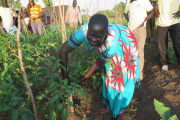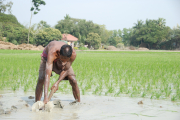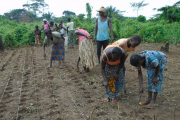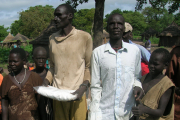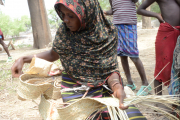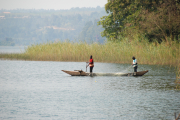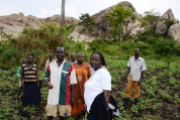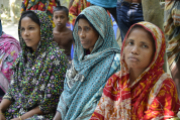Worldwide, 767 million people live in extreme poverty, the majority of them in countries in South Asia and sub-Saharan Africa. They have less than 1.90 US dollars a day to live on. An overriding goal of international development cooperation is therefore to reduce poverty in countries of the global South. Both the United Nations and other international aid organisations and governments are committed to this goal. Poverty has many different causes and faces, and the approaches to poverty reduction are correspondingly diverse. These range from the creation of alternative income opportunities to the improvement of the nutritional and health situation to the establishment of schools and training opportunities for the socially weak and disadvantaged. What they all have in common, however, is that people in desolate situations are given prospects with "help for self-help" that should enable them to lead a better life in the long term. The sustainability of projects is therefore a particular priority.
While the global problem of poverty also requires political action, such as through bilateral government cooperation and fair economic agreements, cooperation with people directly at the grassroots level is an equally important and complementary approach. Sign of Hope works closely with local partners to develop project ideas that are implemented by local organisations and often with local people. Whether in the field of education, income generation or nutrition - every measure that leads to an improvement in people's quality of life makes a contribution to protecting the dignity of the individual. And this is the most important basis for a self-determined life and the way out of poverty.


 Donate now
Donate now



